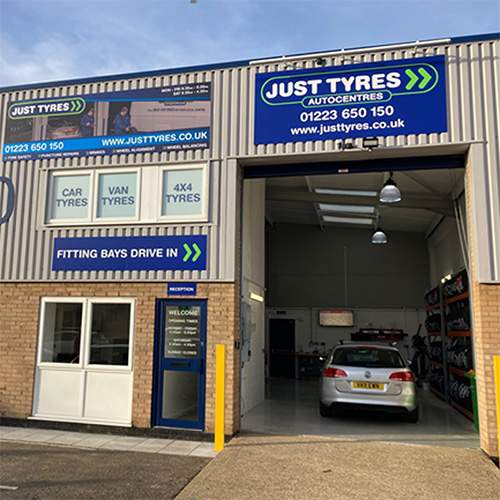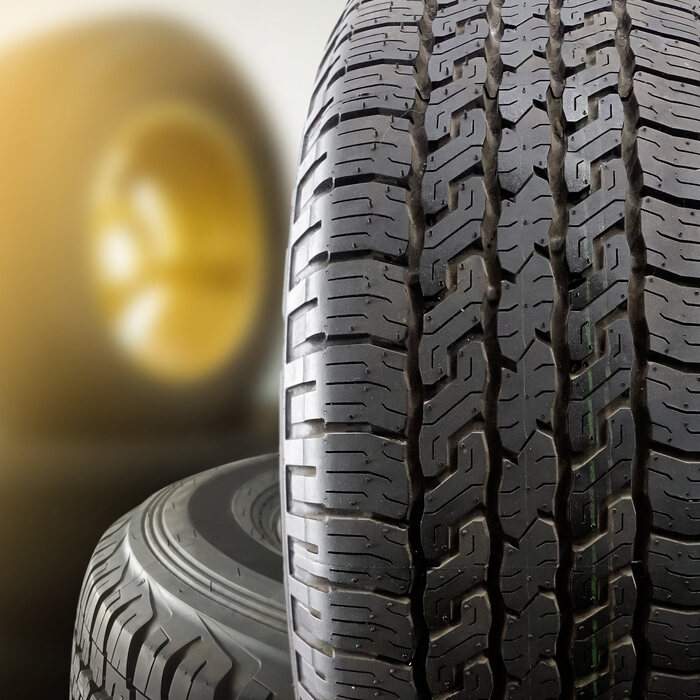
Van Tyres
Find your tyres
Use the registration lookup / tyre size search boxes to see personalised results for your vehicle
Buy tyres online at great prices
Please enter your postcode to see availability information from your local Just Tyres centre.
Why do I need special van tyres?
When buying van tyres online, it’s vitally important to make sure you’ve got the correct load and speed ratings for the vehicle you plan to fit the tyres to. Running a van with the wrong tyre ratings, or attempting to use standard car versions (regardless of whether they’re summer tyres or winter tyres), is unsafe at best - and usually illegal.
Because vans and transporters often run with far heavier loads than standard passenger cars, you need to be certain that the van tyres you’re choosing are properly rated to support the full load weight of the vehicle.
Failure to do so will affect both the stability and performance of the van, especially in terms of braking and handling. Furthermore, it will often completely invalidate any existing insurance policies you have in place.
What’s the difference between van tyres and car tyres?
The key difference between van tyres and standard car tyres lies in the way they’re designed, rated and built.
Unsurprisingly, van tyres tend to be much more rugged and durable than normal summer, winter or all-season tyres designed for use on passenger cars. After all, they typically have to stand up to the harsher demands of longer journey distances and higher carry weights.
There are two main types of van tyre on sale, which essentially boil down to versions designed for lighter use or heavier use:
- Van tyres marked with XL or RF on the sidewall tend to be designed with sufficient reinforcement for carrying less extreme loads
- Van tyres rated as ‘C’ or Commercial are more substantially reinforced, designed to carry heavier loads and withstand generally rougher conditions
How are van tyres designed and built?
In a sense, van tyres, car tyres and SUV tyres are all constructed in the same fundamental way. They each use a basic formula of layers (or ‘plies’) of rubber compound, combined with integrated cords of other tough materials such as steel and polyester.
However, van tyres differ in the exact makeup of the compounds used, and in the way their strengthening cords are woven together. They’re also normally produced at higher ply counts than standard car tyres. Van tyres for sale online will usually be listed as either 6-ply or 8-ply, an increase over many budget tyres for cars.
The precise method of cord weaving and ply layout will affect both the overall strength and durability of the van tyre. It will also define its ability to support the full weight of the vehicle. The cords and rubber layers in good van tyres are woven in either a radial or a cross-ply structure.
Cross-ply van tyres feature interlocking plies, which tend to offer increased rigidity and stability. This makes cross-ply van tyres a better option for carrying heavier loads over longer distances.
Note that in the UK it’s illegal to mix both cross-ply and radial ply tyre types on the same vehicle.
Can I use van tyres on a car, or vice versa?
In a word, no. This is due mainly to the differences outlined above in the way van tyres and car tyres are designed and constructed. Most types of van tyres will be broadly unsuitable for use on smaller passenger vehicles.
For one thing, van tyres for more heavy-duty use are built to be a lot harder and more rigid than standard car versions, with much tougher sidewalls to support increased weight. This will result in an extremely harsh ride if used on lighter vehicles. Conversely, car tyres aren’t strong enough for reliable use on vans.
Moreover, most van tyres have higher load ratings but significantly lower speed ratings than many car tyres. The law requires all vehicles to be fitted with tyres that are rated for the speed capabilities of that particular car or van - not just the limit you intend to drive at. The majority of van tyres will not have a speed rating high enough for a typical passenger car, regardless of whatever mph you restrict yourself to.
In addition, insurance companies tend to view van tyres fitted to passenger cars as a ‘modification’, which will have an immediate impact on your conditions of cover.






 Same Day Fitting. Order By 10:30am
Same Day Fitting. Order By 10:30am
 39 Nationwide Fitting Centres
39 Nationwide Fitting Centres
 5 Year Warranty On All Tyres
5 Year Warranty On All Tyres
 Price Check Promise. Always Great Deals
Price Check Promise. Always Great Deals













.jpg)


 Find a Centre
Find a Centre

